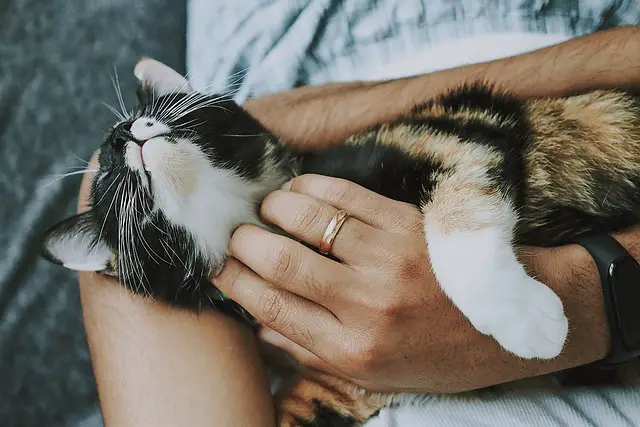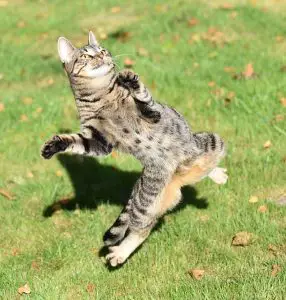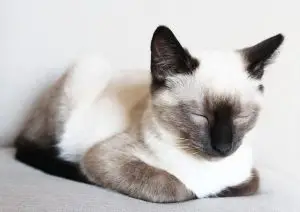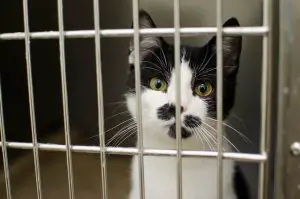
Essential Kitten Vaccinations: Protecting Your Furry Friend’s Health
Vaccinating your new kitten is a crucial first step towards a healthy and long life. This comprehensive guide provides essential information about kitten vaccinations and why they’re so vital.
Why Kitten Vaccinations Matter
Vaccinations protect your kittens from potentially fatal diseases by priming their immune system to fight harmful pathogens. Due to kittens’ lower immunity levels, they can easily contract diseases that adult cats would resist.
Understanding The Vaccination Process
Vaccinating involves injecting your kitten with a small, harmless fragment of disease-causing microorganisms. This exposure stimulates the kitten’s immune system, enabling it to produce robust defensive mechanisms when encountering the disease in the future.
The Core Vaccinations
Core vaccines are considered essential for all cats, regardless of their lifestyle or location. They protect against the most severe and widespread diseases.
Feline Panleukopenia (FVP)
Panleukopenia, also known as Feline Distemper, is a highly contagious and often fatal disease. Affecting the blood cells in a cat’s body, it can lead to anemia, extreme dehydration, and other severe complications. This vaccination is administered in a series of shots, starting as early as 6 weeks old.
Feline Herpesvirus (FHV) and Feline Calicivirus (FCV)
Both the FHV and FCV viruses cause upper respiratory infections in cats. Symptoms include sneezing, eye and nasal discharge, and loss of appetite. The first shot for these viruses is usually given at 6 weeks.
Rabies
Rabies is a deadly virus affecting the central nervous system. This vaccine is typically administered when the kitten is 12 weeks old.
Non-Core Vaccinations
Non-core vaccines are given based on a kitten’s specific risk factors, related to lifestyle and location. These might include vaccines for Feline Leukemia Virus (FeLV), Bordetella, and Feline Immunodeficiency Virus (FIV).
Vaccination Schedules
The usual schedule starts vaccinations at 6-10 weeks old, with subsequent boosters every 3-4 weeks until the cat is 16 weeks old. Annual boosters are then recommended. However, your vet will provide a tailored schedule to suit your kitten’s health needs.
Common Side-effects
Most kittens will experience mild reactions like lethargy, slight fever, or reduced appetite. However, serious reactions, though rare, can occur. If your kitten shows severe signs such as persistent vomiting, swelling, or difficulty breathing, seek urgent veterinary care.
Final Thoughts
Vaccinations are vital for your kitten’s health and longevity. Consult with your vet for a tailored vaccination schedule and monitor your kitten for any adverse reactions. By taking these steps to safeguard their health, you can expect many years of companionship with your furry friend.
Remember, responsible pet ownership begins with you. Vaccinate your cat and provide it a shield against health threats!






